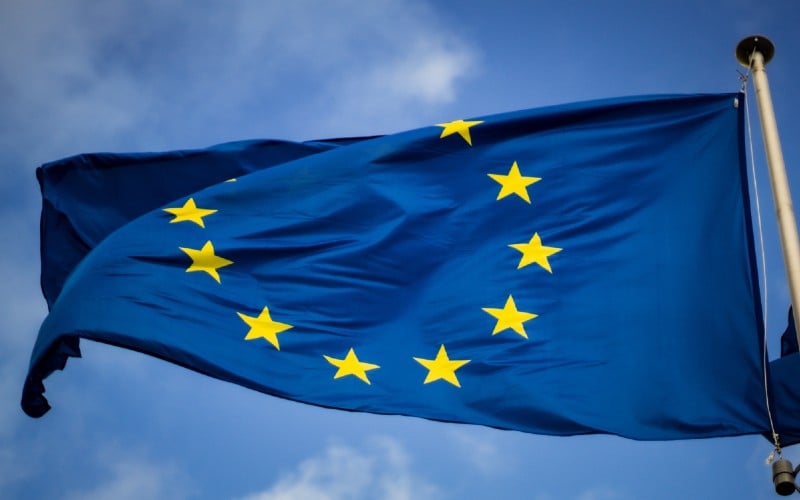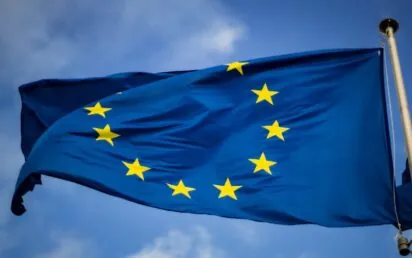UK scientists will have access to the world’s largest research collaboration programme, Horizon Europe, after a bespoke deal was reached with the EU.
UK researchers can now apply for grants and bid to take part in projects under the Horizon programme, with certainty that the UK will be participating as a fully associated member for the remaining life of the programme to 2027.
A deal has also been reached to join European Earth Observation programme Copernicus. This will provide the UK’s earth observation sector with access to unique data – valuable to helping with early flood and fire warnings, for example – and with the ability to bid for contracts.
Once adopted, the UK will be able to join the governance of EU programmes, which the UK has been excluded from over the last three years following Brexit. UK researchers will also be able to lead consortia in the next work programme of Horizon Europe projects.
It will boost cooperation with the EU and also Norway, New Zealand and Israel, which are part of the programme. Korea and Canada are looking to join too.
“Innovation has long been the foundation for prosperity in the UK, from the breakthroughs improving healthcare to the technological advances growing our economy,” said Prime Minister Rishi Sunak.
“With a wealth of expertise and experience to bring to the global stage, we have delivered a deal that enables UK scientists to confidently take part in the world’s largest research collaboration programme.
“We have worked with our EU partners to make sure that this is the right deal for the UK, unlocking unparalleled research opportunities, and also the right deal for British taxpayers.”
Sunak said the UK will have a new automatic clawback that protects it as participation recovers from the effects of the last two and a half years. It means the UK will be compensated should UK scientists receive significantly less money than the UK puts into the programme.
President of Universities UK, Professor Dame Sally Mapstone, added: “The entire research community, within our universities and beyond, will be delighted at the news that an agreement has been reached.
“Overcoming the obstacles to association was no small feat and we are grateful to the government and the commission for their perseverance to secure this successful outcome.
“Horizon Europe has been the basis of scientific collaboration for over 30 years. From early detection of ovarian cancer to developing clean energy networks involving dozens of universities and many industrial partners, Horizon lets us do things that would not be possible without that scale of collaboration.
“Allowing our scientists to work together, irrespective of borders, is in all of our interests. Our universities will now do everything possible to ensure the UK rapidly bounces back towards previous levels of participation and is able to secure genuine value, delivering the wealth of research opportunities available.”

